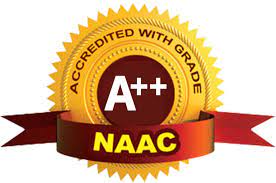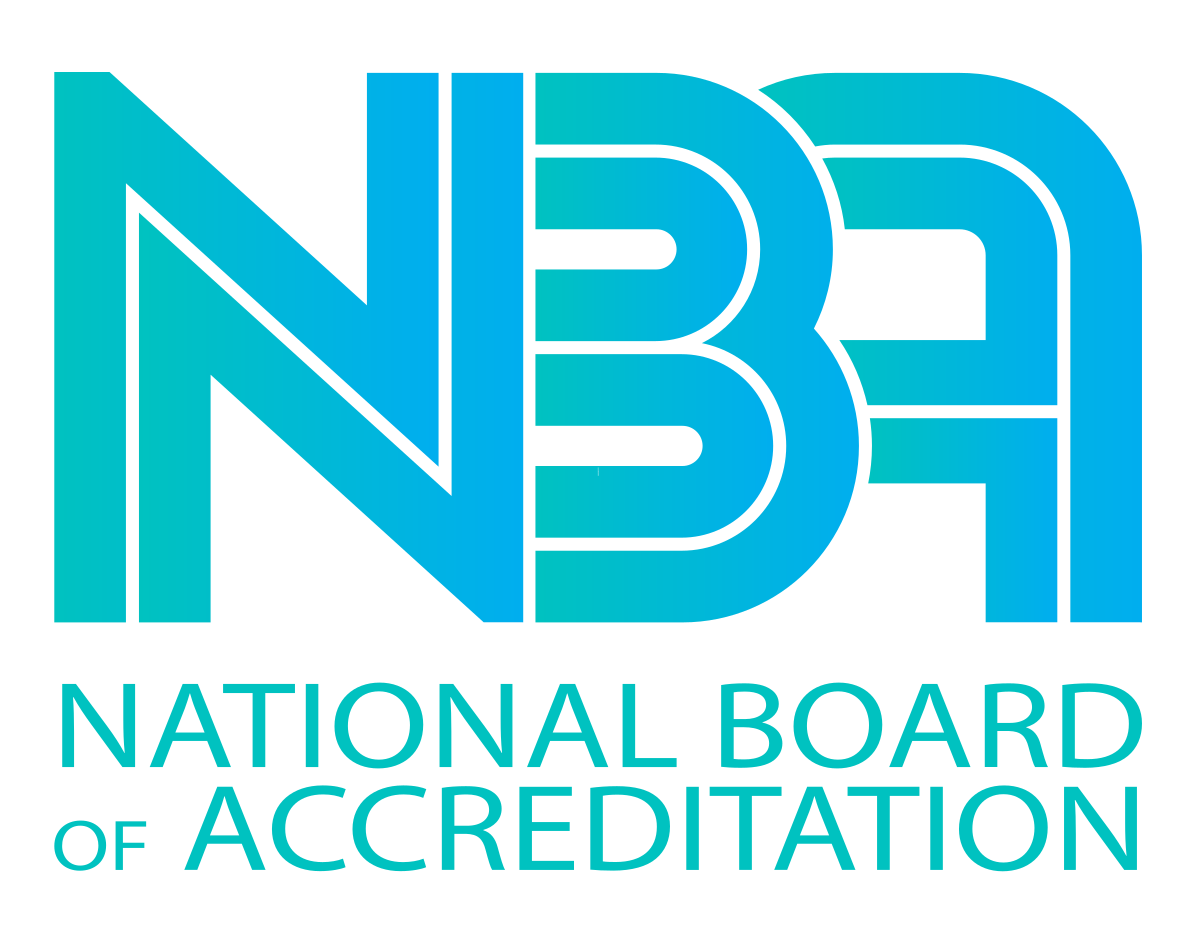
DEPARTMENT of electronics and instrumentation engineering
PROGRAM EDUCATIONAL objectives
PROGRAM EDUCATIONAL OBJECTIVE 1
Graduate will have core competency in Mathematics, Science and Engineering fundamentals.
PROGRAM EDUCATIONAL OBJECTIVE 2
Graduate will communicate with multidisciplinary teams and engage in research, contribute to the society.
PROGRAM EDUCATIONAL OBJECTIVE 3
Graduate will pursuit knowledge in the field of Electronics & Instrumentation Engineering to contribute to the profession and employability.
PROGRAM EDUCATIONAL OBJECTIVE 4
Graduates will apply appropriate knowledge of the societal impacts of computing technologies ethically in the course of career related activities for the profession, nation and society.
PROGRAM EDUCATIONAL OBJECTIVE 5
Graduates will be successfully employed in pursuing a lifelong learning by applying basic principles and practices of computing to make software projects successfully which meet the objectives of the research.
OUR
PROGRAMME SPECIFIC OUTCOMES
PROGRAM SPECIFIC OUTCOME 1
- Calibrate and measure the parameters using sensors and transducers.
PROGRAM SPECIFIC OUTCOME 2
- Calibrate and measure the parameters using sensors and transducers.




